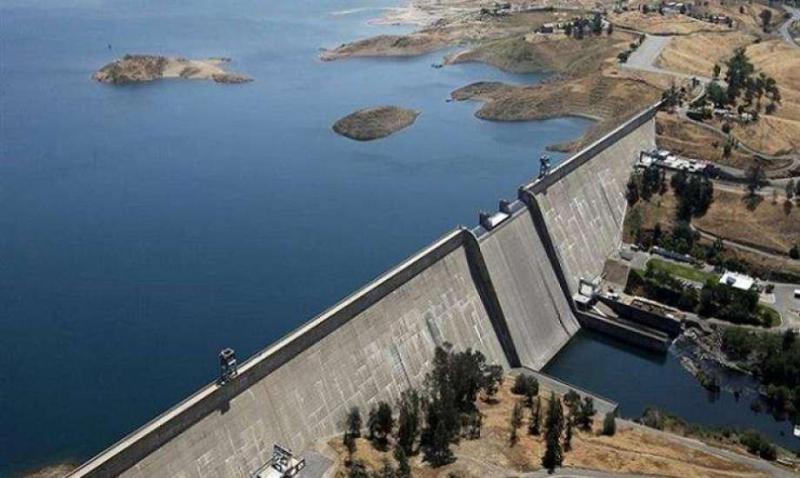Garnett Genuis writes: Canadian Pipelines are Fundamental to Canadian Energy Security

The situation around the Line 5 pipeline is both disappointing and revealing. Disappointing because many households in Ontario and Quebec are now at risk of losing secure access to the energy they need. Revealing because it shows the importance of pipeline construction and other policies that guarantee energy security for every region of the country.
Line 5 transports petroleum and natural gas liquids from western Canada to eastern Canada along a route that goes through the Great Lakes region of the United States. The governor of Michigan called for the shutdown of the pipeline by May 12th. Although litigation continues on the matter, the prospect of a shutdown remains very real and would be disastrous. Line 5 transports two-thirds of Quebec’s petroleum imports and half of Ontario’s. The economic blowback from this decision would primarily impact working and middle-class families, as a larger percentage of their income is spent on gasoline and other petroleum products.
Regardless of your political stance and no matter which province you live in, the reality of the situation is that Canadians need energy. This means that we must put into place policies that promote energy infrastructure that is secure from the actions of other countries. In a country with rich natural resources such as ours, citizens should not need to doubt whether they will have access to energy.
The current alternatives to pipelines would entail greater risk. In nearly 70 years of operation, the Line 5 pipeline has never leaked into the Great Lakes. If shutdown, the pipeline would be replaced by trucks and trains which are more prone to spills than pipelines, not to mention the emissions produced in transportation. Maintaining a secure pipeline infrastructure is not only necessary to provide for the energy needs of Canadians, but also to keep resource transportation safe and efficient.
Line 5 brings Canadian oil to other parts of Canada, but through the United States. Canada thus requires permission from another country to have its own oil transported from one part of the country to the other. The actions of the governor of Michigan should force a re-evaluation of how we protect energy security. More pipelines would allow us to seize export opportunities, but also to sell energy in a secure way from one region of the country to another. Conservatives support domestic projects so that we are not at the mercy of foreign politics when it comes to meeting the energy needs of Canadian households.
I sincerely hope that Line 5 does not get shut down. However, I also hope that this event sparks wider recognition of the fact that pipelines are not only a western regional issue. Promoting domestic infrastructure to allow for the secure and efficient transportation of our natural resources is vitally important for all Canadians, especially for those who live in regions that do not produce energy themselves.




















